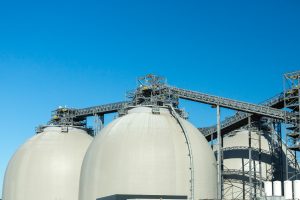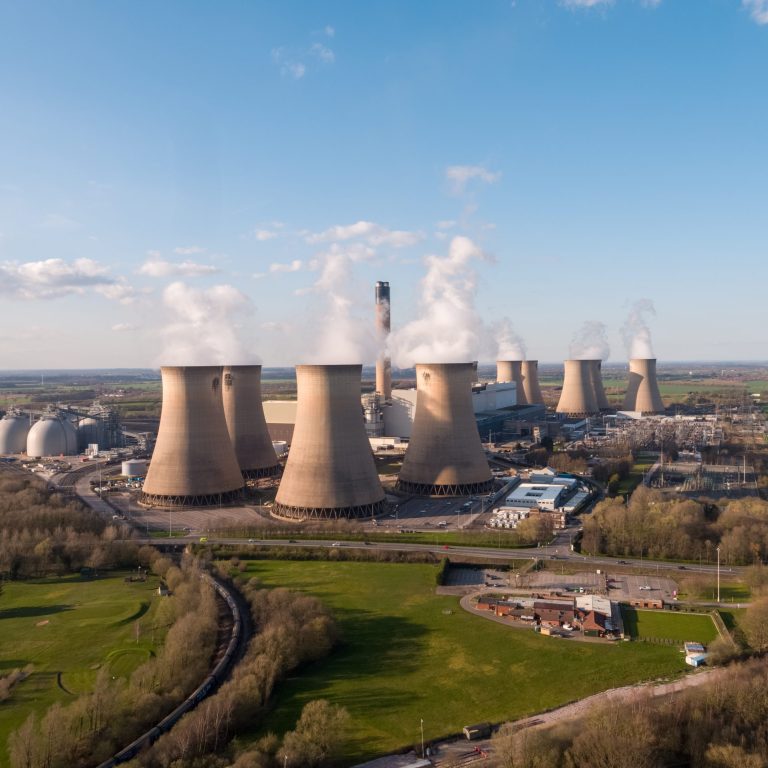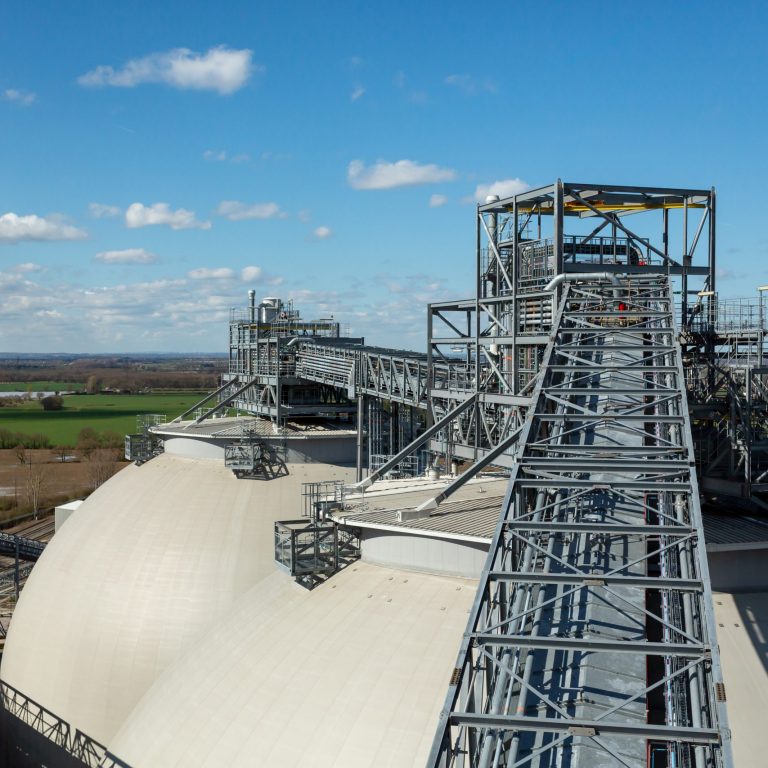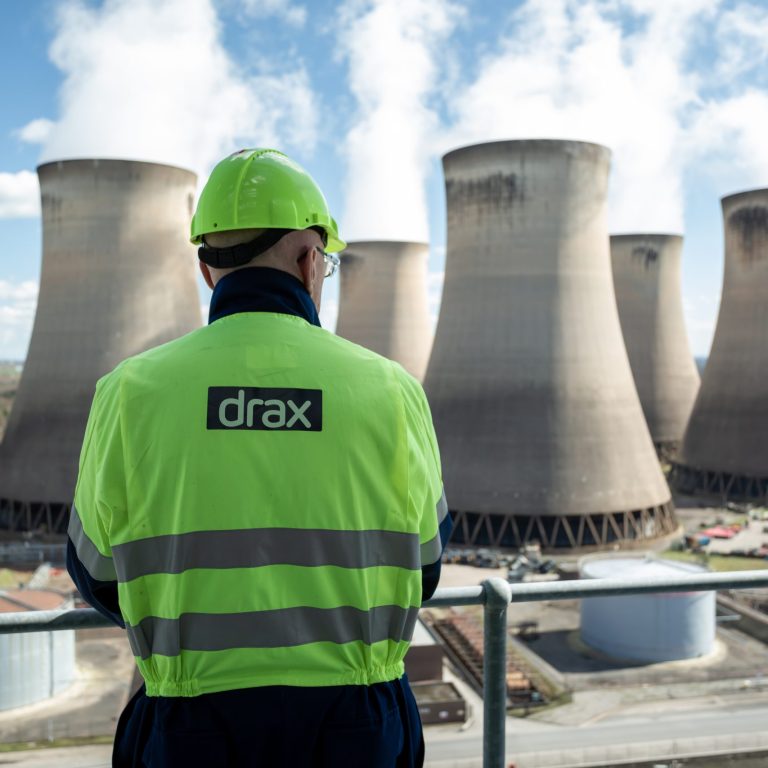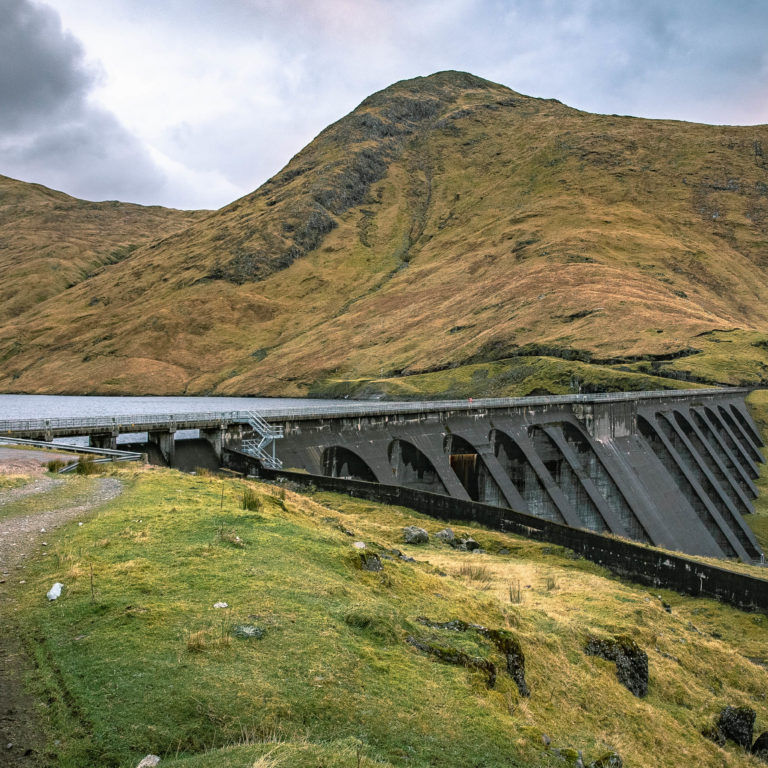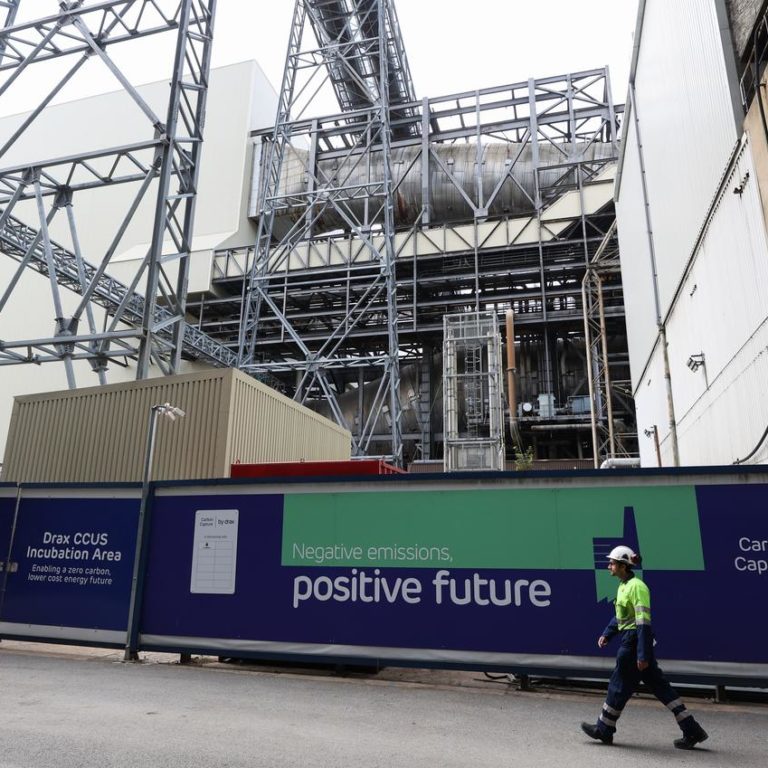The UK has come a long way in its efforts to decarbonise. Greenhouse gas emissions last year were 43% below 1990 levels, while increasing renewable electricity generation and a strengthening carbon price means the country could soon go coal-free for an entire summer.
There is still, however, much work needed to reach the UK target of reducing emissions to 20% of 1990 levels by 2050 and meeting the Paris Agreement’s aim of keeping temperature increases below two degrees Celsius. As ambitious as these goals may be, recent research by the Energy Transitions Commission (ETC) believes they can be met by 2050, with the right government policies and action from businesses.

To help to mitigate man made climate change, all industries, across all sectors must cut carbon emissions. It’s a big challenge but a clear first step must be the decarbonisation of electricity generation. This step will enable other industries to reduce their emissions in turn through electrification.
Since 2000 we have been building our experience in decarbonising electrical generation, transforming what was once Western Europe’s largest coal-fired power station into the UK’s biggest decarbonisation project. This puts us in a unique position to offer the leadership and innovation needed – across the electricity industry and other sectors – to reach a zero-carbon world.

Electricity generation will lead decarbonisation
The electrification of carbon-intensive sectors, such as transport and heating, will only contribute to reducing overall emissions if the electricity comes from mostly low or zero-carbon sources.
The ETC’s research suggests wind and solar will be capable of providing 85% of the world’s electricity generation by 2050. When these intermittent sources are unable to generate electricity the remaining 15% will come from a combination of nuclear, hydro, biomass and storage (including batteries, pumped storage and new technologies).
In fact, biomass alone could provide as much as half of that 15% but it is critical that this flexible, renewable, low carbon fuel must be sustainably sourced. For the wood biomass we use at Drax Power Station, its sourcing should contribute to growing and healthy forests, which will be another key part of the climate change solution.
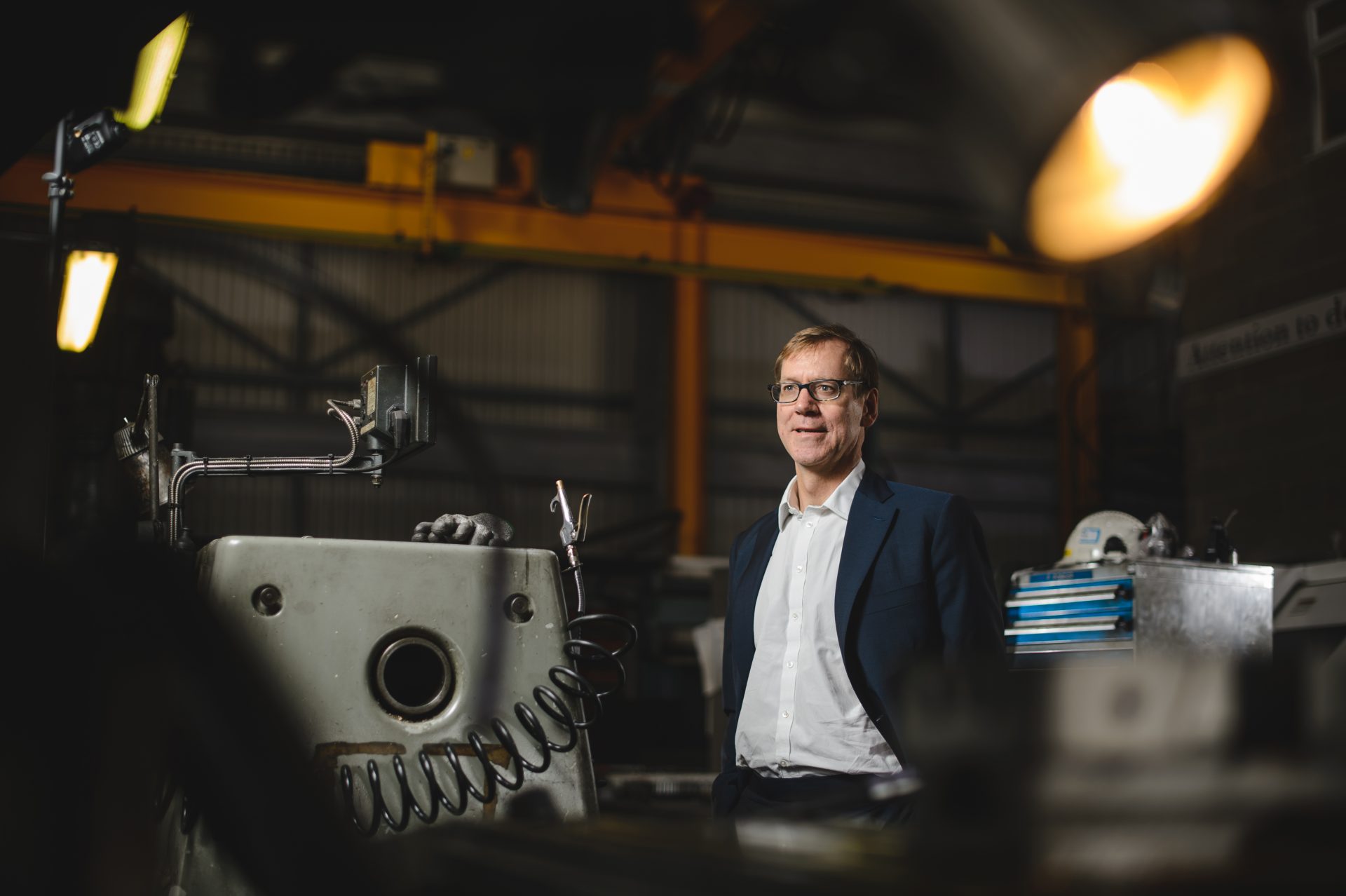
Will Gardiner, CEO, Drax Group
At Drax, we have a long history of finding ways to cut emissions and improve the efficiency of our own biomass pellet supply chain, from bigger ships to more efficient rail freight loading and unloading.
The skills and experiences gained from these efforts serve not only to decarbonise our business but will benefit other supply chain-based industries along the path to lower-carbon emissions. More than this, it is far from the only way we are working towards doing this.
From here to zero-carbon
One of the biggest hopes for removing carbon from industry lies in carbon capture and storage. We’re leading the charge on bringing this technology to the fore by running a six-month pilot of a Bioenergy Carbon Capture and Storage (BECCS) system, which will capture a tonne of carbon every day from one of our four, 600+ megawatt (MW) biomass units.
Capturing emissions not only further reduces the carbon intensiveness of electricity generators of all kinds, but also opens new revenue streams for businesses through utilising captured carbon. For Drax, BECCS takes us another step towards becoming a carbon negative operation, where we remove more carbon from the atmosphere than we emit. It is also an opportunity to further expand the knowledge and experience of our team and become leading experts in a field which will be essential in meeting climate change goals.
 Alongside this, our plans to repower the last of our coal-fired units to highly-efficient combined cycle gas turbines (CCGT) and build four, rapid-response open cycle gas turbines (OCGT) will give the electricity system the flexibility needed to support more intermittent renewable sources. The abilities of gas plant in balancing and system services can help to complete the journey away from coal before 2025. In subsequent decades, gas can play a pivotal role assisting the transition to a zero-carbon power system.
Alongside this, our plans to repower the last of our coal-fired units to highly-efficient combined cycle gas turbines (CCGT) and build four, rapid-response open cycle gas turbines (OCGT) will give the electricity system the flexibility needed to support more intermittent renewable sources. The abilities of gas plant in balancing and system services can help to complete the journey away from coal before 2025. In subsequent decades, gas can play a pivotal role assisting the transition to a zero-carbon power system.
Our retail businesses, Haven Power and Opus Energy, also allow us to help companies and the public sector outside of electricity generation to reduce their carbon footprint. Beyond just supplying renewable electricity, we’re also looking at ways through closer customer partnerships to help businesses leverage new technologies to use electricity more efficiently and in turn lower their costs.
Reaching a zero-carbon future is a monumental task for electricity producers that depends on innovative thinking and new technologies. We have the experience in developing transformative ideas and making them a reality – all of which will be essential in guiding us into a brighter, more stable, decarbonised future.




